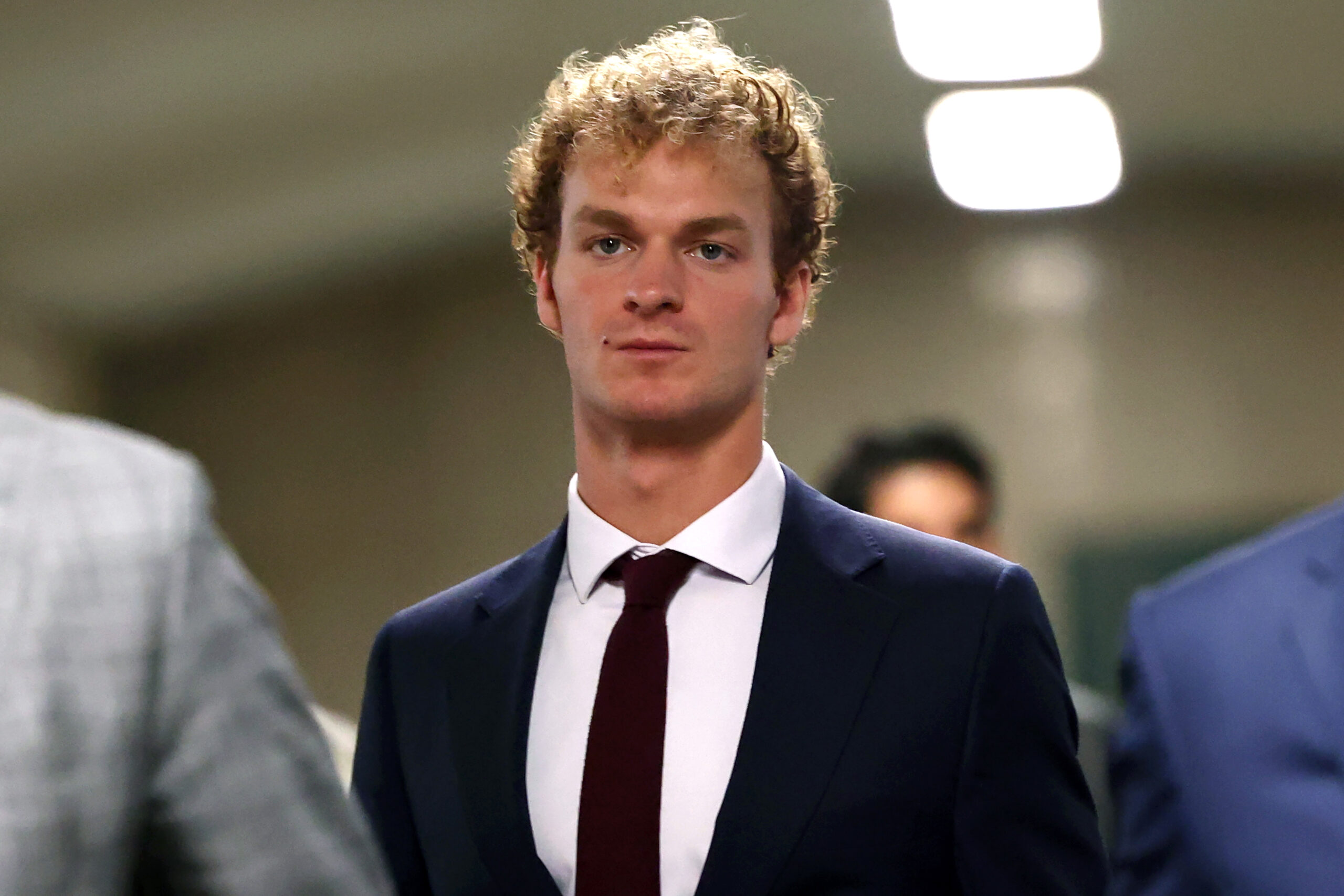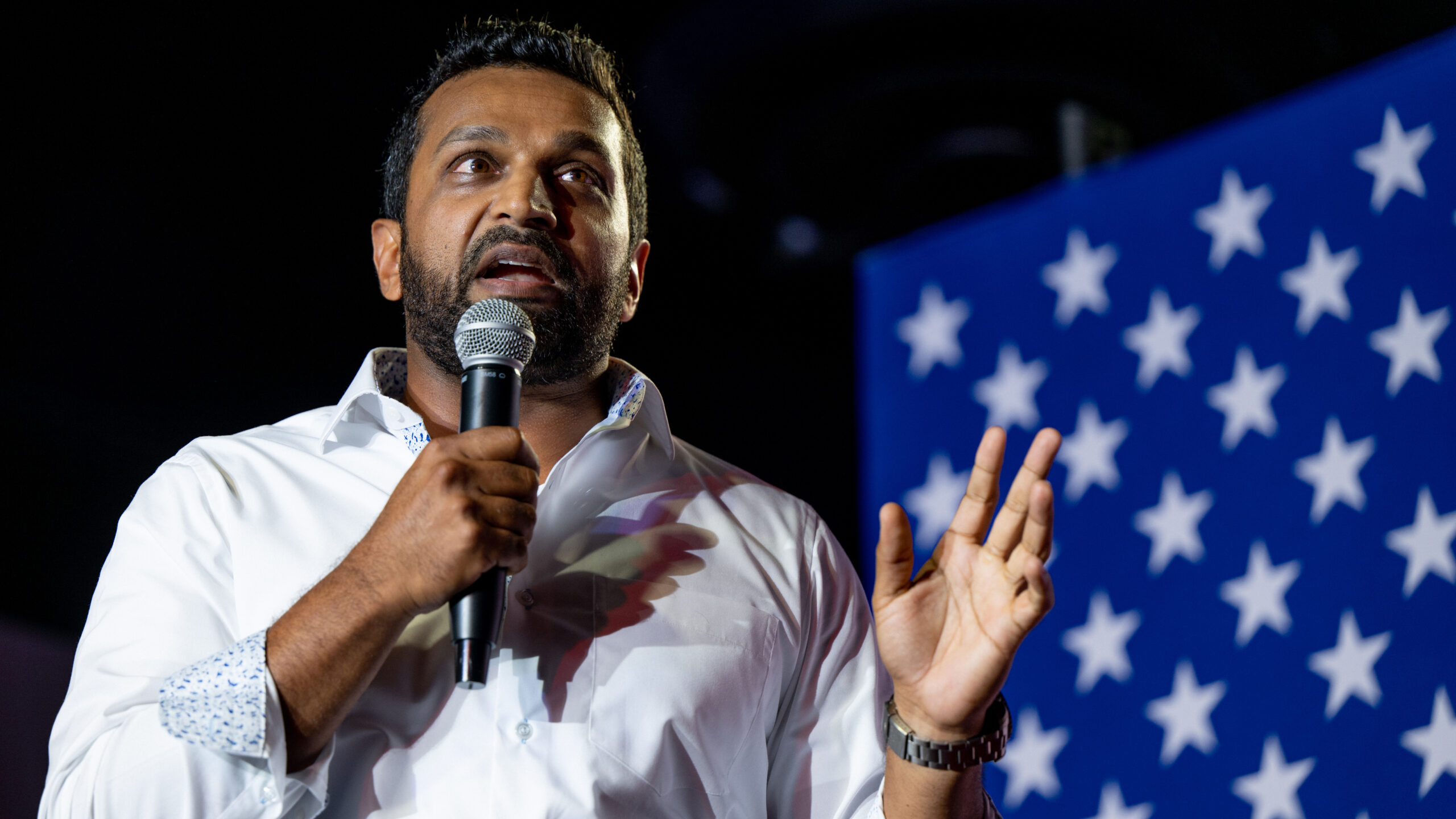Fertility industry accused of ignoring children’s rights
'We regulate gasoline more comprehensively' than 'creating lives'



The popularity of at-home genetic testing like 23andMe has led to an increasing number of stories in which donor-conceived people discover family members they didn’t know existed. This has raised more concerns about the potential consequences of anonymous sperm donation and the risk of accidental incest in cases of prolific sperm donors.
Louise McLoughlin, an Ireland native and host of the podcast “You Look Like Me,” learned at age 13 that she was conceived through the use of a sperm donor but didn’t try to make contact with her father until years later after taking an at-home genetic test. She discovered a half sister and found the identity of her biological father. Feeling bold, she called this man and was shocked to hear him say, “You’re very welcome to have called me….” Her father was under the impression his identity would remain anonymous when he donated, but as he expressed to McLoughlin, he “welcomed” their connection.
She shared in an interview with CBS that she knows not every donor-conceived person has the same luxury of contacting his or her biological father and having a positive interaction. These individuals, McLoughlin pointed out, have been “sounding the alarm” on the risks of anonymous sperm donation for years.
“We are seeing men who are donating hundreds and thousands of times. They’re doing it in small areas. They’re doing it within the same kind of years,” McLoughlin said. “So you’re ending up with kids who are growing up knowing each other or meeting each other in later adulthood, which is just incredibly, incredibly dangerous.”
Demonstrating just how easy it can be to abuse reproductive technologies, Jonathan M. Meijer, the star of a Netflix documentary, “The Man with 1000 Kids,” is estimated to have fathered 600-1000 children across five countries through sperm donation. As Live Action News previously reported, Meijer deceived hundreds of prospective parents and 13 fertility clinics. In the Netherlands, Meijer’s homeland, fathering “25 children across 12 families” is the limit. At least twice, he has been told by the Netherlands to stop donating sperm or face potential fines €100,000 for each time he donates. He is now being sued by one of the women victimized by his dishonest donations.
Indiana Professor of Law Jody Madeira has been fighting for higher charges and criminal sentences regarding fertility fraud in the U.S. for several years. “We regulate gasoline more comprehensively, driving more comprehensively. And yet, here we’re actually creating lives,” Madeira said. She also noted that Europe is already regulates sperm donation more heavily when compared to the U.S. “Our cultural orientation just prioritizes the market, and the industry, and the wishes of parents,” Madeira pointed out. “Whereas in Europe, they prioritize the rights of donor-conceived individuals.”
And yet, in truth, “the wishes of parents” are what is driving the entire fertility industry, with little regard to the possible effects on the children, either now or in the future.
McLoughlin thinks that donor-conceived people should be a part of the conversation when it comes to regulating this monster of an industry. “This journey of conception, this journey of fertility treatment, it does not end when you have a baby. It does not end when you conceive,” she says. “It ends, you know, all the way in the future when your child is grown up… and… these are real world issues that they have to deal with.”
[Editor’s note: This story originally was published by Live Action News.]
SUPPORT TRUTHFUL JOURNALISM. MAKE A DONATION TO THE NONPROFIT WND NEWS CENTER. THANK YOU!
What's Your Reaction?

































































































